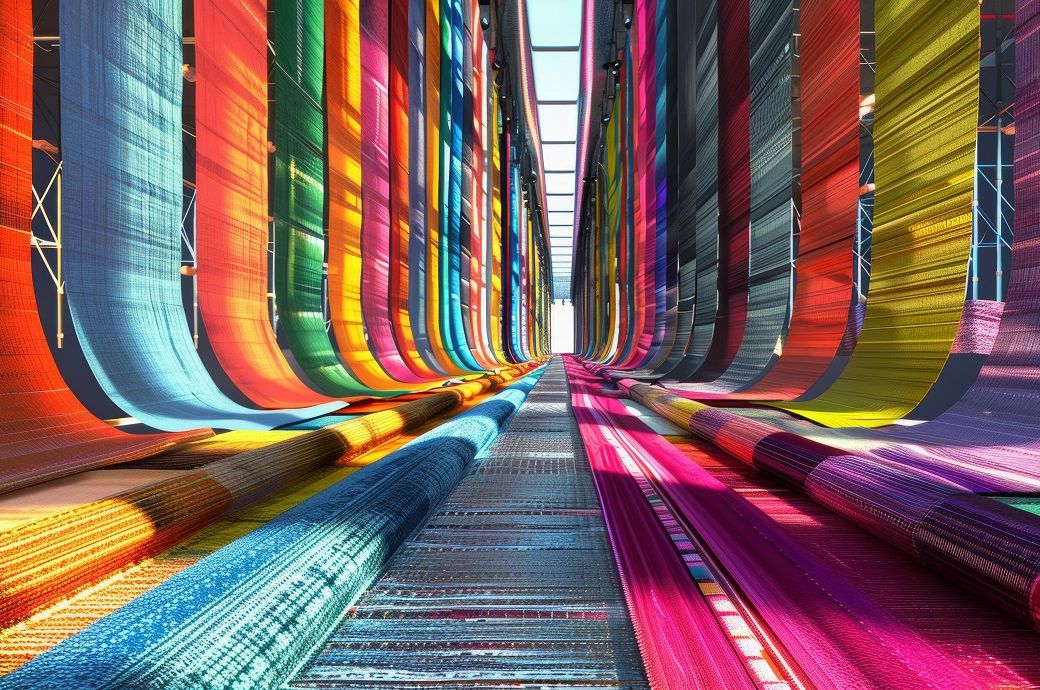
Industry organisations and a large number of businessmen argued in a letter sent to the Ministry of Textiles that knitted fabric imports have not eased in the last half year, despite the MIP on some types of knitted fabric. The ministry had invited views on the specific HS lines at the 6/8-digit level for which an extension or imposition of MIP is being requested.
R K Vij, emeritus president of the Textile Association of India (TAI) and secretary general of the Polyester Textile and Apparel Industry Association (PTAIA), told Fibre2Fashion, “The industry is severely affected due to dumping of knitted fabric. The imposition of MIP on 5 selective HS lines did not work positively as fabric imports shot up in other HS lines. The entire industry favoured to bring MIP on entire chapter 60 i.e. knitted fabric.”
Confederation of Indian Textile Industry (CITI) said in a letter sent to the ministry, “Since the imposition of the MIP of $3.5 per kg, there has been a considerable increase in the imports of fabric varieties under other HSN codes at a reduced unit price. Same is evident from the fabric import data from Apr-June 2024 as compared to Apr-June 2023.”
According to industry feedback, due to the same duty structure for all knitted fabric categories previously, a significant amount of fabric was being imported under Chapter 6006, which should have been classified under different chapters. The current unit import prices for fabric categories, particularly under HSN 6001 and 6005, are unviable domestically and are harming the domestic industry. To support the domestic market, the government should consider extending the MIP beyond September 15, 2024. It is also necessary to extend the effect of the MIP of $3.5 per kg to all knitted fabric categories under HSN 6001, 6002, 6003, 6004, and 6005.
Various industry organisations, such as the North India Textile Mills Association (NITMA), Southern India Mills Association (SIMA), Federation of Surat Textile Traders Association, and Punjab Dyers Association, have also sent letters to the government to push for this demand. A large number of businessmen have also called for restrictions on fabric imports, feeling that the huge dumping of fabric at cheaper prices has sidelined the domestic market, especially when the global textile industry is facing slow demand from developed markets.
Fibre2Fashion News Desk (KUL)